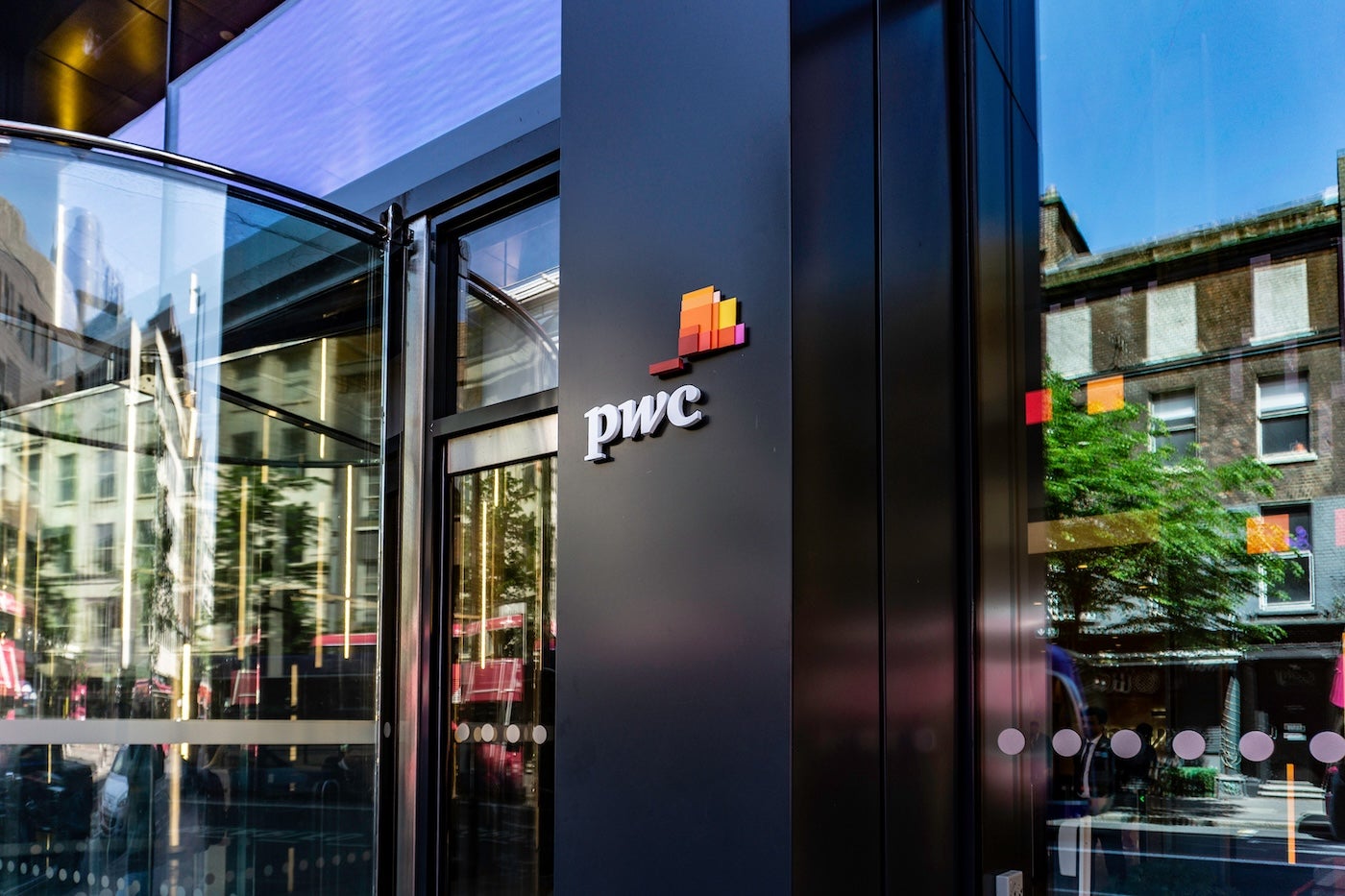Major accounting and professional services firm PwC announced on May 29 a deal to become a reseller and purchase more than 100,000 licenses for ChatGPT Enterprise with OpenAI, marking a large new revenue stream for the AI maker’s enterprise product.
The US and UK firms of PwC are now “OpenAI’s first reseller for ChatGPT Enterprise and the largest user of the product,” PwC stated in a press release. Specifically, PwC will complement its audit, tax and consulting services with ChatGPT Enterprise’s generative AI capabilities.
PwC Deal Shows Confidence in OpenAI’s Enterprise Offerings
PwC has not disclosed the financial terms or duration of its deal with or subscriptions to ChatGPT Enterprise. Today’s deal “builds upon” PwC’s commitment to AI capabilities of $1 billion over three years, starting in April 2023.
PwC can now use OpenAI’s latest large language model, GPT-4o, for its ChatGPT interactions. PwC will use GPTs, custom AI agents, for:
- Reviewing tax returns.
- Proposal response generation.
- Software lifecycle assistants.
- Dashboard and report generation.
PwC’s messaging to its clients includes “emphasizing the near universal demand across industries for the transformative power of this technology,” at a time when some critics of AI argue that the technology is still in search of use cases.
PwC holds more than 100,000 ChatGPT Enterprise licenses, 75,000 for US employees and 26,000 for U.K. employees.
Meanwhile, PwC says it has found 3,000 internal use cases for generative AI.
“We are a knowledge based business and generative AI is only getting more effective at making knowledge accessible and scalable,” Bret Greenstein, PwC partner and generative AI initiative leader, told TechRepublic in an email. “We tracked the growth of GenAI capabilities (10x a year on average) which showed that the types of things GenAI can do will only accelerate.”
The deal is a major win for OpenAI, particularly because artificial intelligence technology is very expensive to run.
“At a time when business leaders across industries demand outcomes and business impact – and not just potential – PwC’s expanded relationship with OpenAI provides a playbook for companies looking to scale their AI infrastructure, apps, and services,” PwC wrote in the press release.
SEE: GPT-4 can exploit day-one vulnerabilities when provided with their descriptions.
“We have strong relationships with all the major AI players and use their tools across our business,” said Greenstein. “However, we have been working with OpenAI since GPT-2 and even longer for AI/ML work, so we have built up our learning and understanding of these trends which helped us pave the way for this agreement.”
OpenAI Forms Safety Committee, Acquires Media Deals
OpenAI made a few other major announcements this week: the formation of a Safety and Security Committee and content deals, including with The Wall Street Journal parent News Corp.
The Safety and Security Committee
The Safety and Security Committee, announced on May 28, has 90 days to develop the processes and safeguards that OpenAI will use while developing its upcoming cutting edge, so-called “frontier” models. The committee includes CEO Sam Altman and a panel of team leaders and security experts.
Content and media deals
On May 22, OpenAI announced a content deal to add News Corp articles to ChatGPT. News Corp owns The Wall Street Journal, Barron’s, MarketWatch, New York Post and more. The deal will enable OpenAI to use content from News Corp publications as answers to questions asked of ChatGPT.
Deals with Vox Media and The Atlantic followed. On May 29, OpenAI announced an agreement in which ChatGPT will use Vox Media content, and Vox Media will build consumer and advertising products with ChatGPT. On the same day, The Atlantic joined OpenAI “as a premium news source,” which “will be discoverable within OpenAI’s products” and “will help to shape how news is surfaced and presented in future real-time discovery products.” Meanwhile, The Atlantic will explore ways to use OpenAI tech on “an experimental microsite.”
